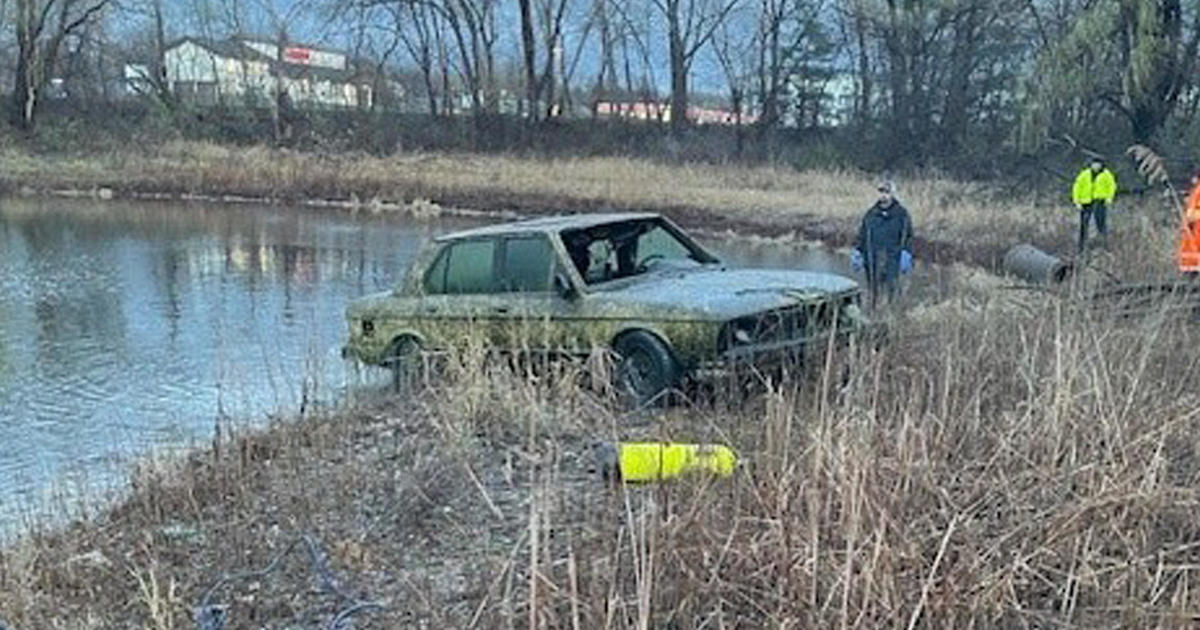Red River Diversion Supporters, Opponents Disagree Over Permits
FARGO, N.D. (AP) — The decision by a Minnesota watershed district to back out of an agreement for a Red River diversion project around the Fargo area has raised questions about permits for the planned $2.1 billion channel.
The board of the Buffalo Red River Watershed District, which includes representatives from three counties in western Minnesota, voted earlier this week to reject a new joint powers agreement with the Fargo-Moorhead Diversion Authority, mainly because it didn't want to deal with acquisitions of land that would be needed to store water during serious flooding.
Some upstream residents who are opposed to the project say the diversion authority needs a permit from the Buffalo Red district, and are urging the board to reject it.
"Clearly this project isn't going to go ahead until they get permits from everybody they are supposed to get permits from, including the Buffalo Red," said Tim Fox, state's attorney for Wilkin County, Minnesota, where some residents have filed a lawsuit asking that the current project be scrapped in favor of a cheaper plan that doesn't flood farmland.
Diversion authority board president Darrell Vanyo said no approval is needed if the Minnesota Department of Natural Resources issues its permit. The first step in that process will begin next week when the agency begins to review comments on its environmental study of the project.
"This permit from the state is the big key," Vanyo said. "If we get the permit from the state, I don't see how Buffalo Red would be able to stop anything in any manner."
A spokeswoman for the Minnesota DNR said officials familiar with the environmental study were not available for comment Friday. The agency's report, issued two weeks ago, said the diversion authority needed to do a better job of answering questions from upstream residents.
Buffalo Red board member Mark Anderson said it made sense for his group to opt out of the new joint powers agreement because not everybody is "gung-ho about the project" and they were worried about dissension on the board.
"We felt maybe it was time to bow out," Anderson said. He added that his group would review any permit request from the diversion authority to see if it meets the necessary criteria.
Diversion supporters hope the new joint powers agreement will give them more credibility to sign a partnership agreement with the federal government that would allow the first phase of construction to begin in the fall.
(© Copyright 2016 The Associated Press. All Rights Reserved. This material may not be published, broadcast, rewritten or redistributed.)



